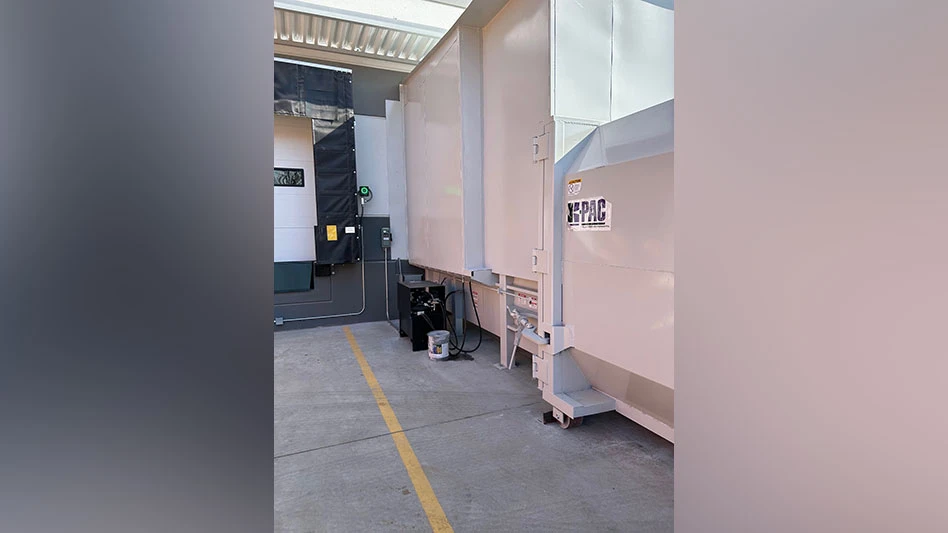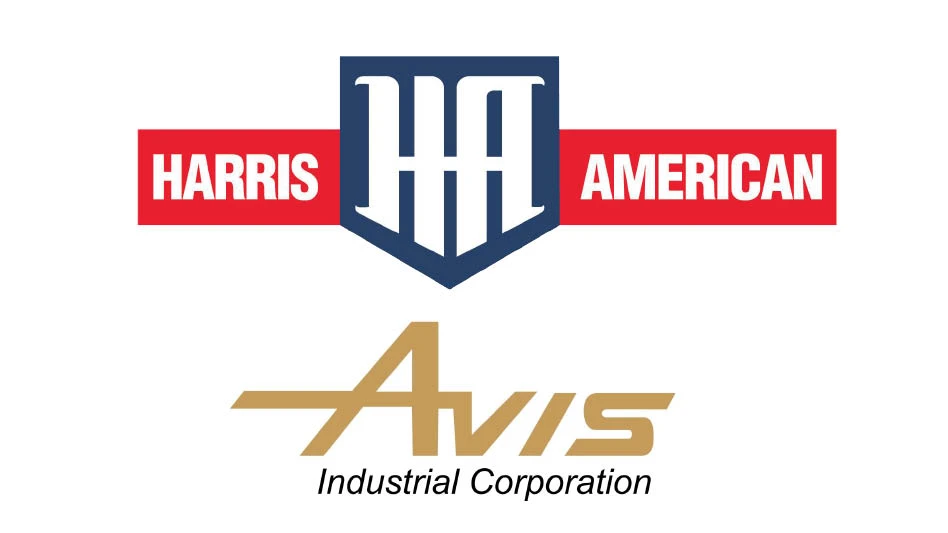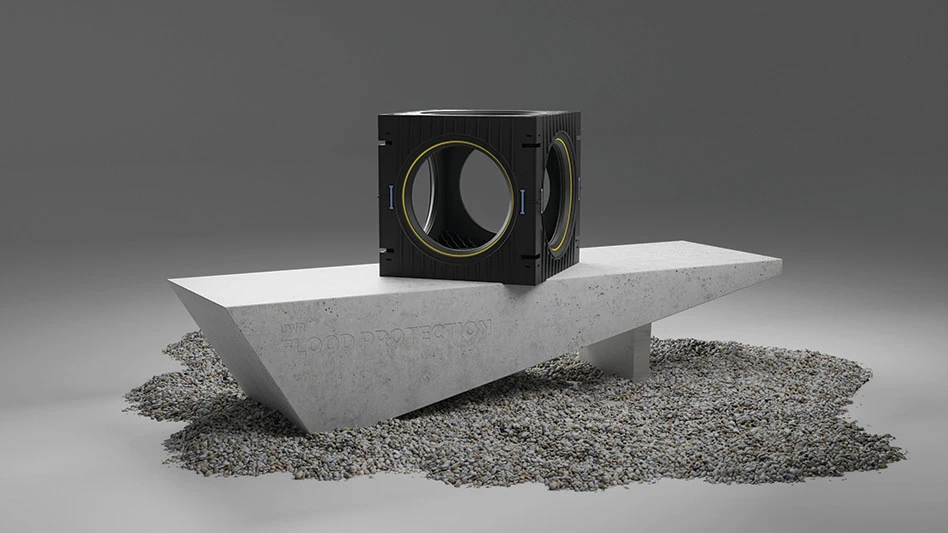
Photo by Brian Taylor.
Imported nonferrous scrap is beginning to clear the customs process and reach customers in the People’s Republic of China, according to metals recyclers and traders.
The current status of the red metal scrap trade into China from the rest of the world was the topic of a recent Fastmarkets AMM webinar that featured comments from nonferrous traders David Chiao of the Atlanta-based Uni-All Group, fellow trader Michael Lion of Hong Kong-based Everwell Resources and scrap processor Susie Burrage of United Kingdom-based Recycled Products Ltd.
The three panelists, who convened on Monday, Nov. 23, expressed caution about the Chinese government’s newly established “resource” designation for 99.1 percent pure copper and aluminum scrap and the ongoing reluctance of shipping lines to ship scrap loads under that designation.
By the end of the same week, however, two Hong Kong-based traders and a U.K.-based recycler contacted by Recycling Today indicate shipments are beginning to pass onsite inspections and clear Chinese ports, as called for by the new resource designation.
One Hong Kong-based trader says the port in Ningbo, China, quickly cleared the first container of No. 1 copper scrap one of its customers received under the new resource designation. Another of that firm’s customers has reported the same success clearing aluminum twitch loads into South China.
Reservations remain in the global processing community says David Dodds of Ipswich, U.K.-based Sackers Recycling. “We are facing an uncertain situation,” Dodds says. “Our sales channels assure us that the inspection is robust and safe, but it is a delicate balancing act as the cost of returning the container is very high.”
Neither processors, traders and buyers nor shipping lines want to face a rejected load under the new system. For buyers and sellers, such shipments likely will face container demurrage charges and a scramble to find a new buyer. For the shipping lines, it ties up a container at a time when containers are in short supply in some parts of the world.
By late November, however, Dodds says, “The shipping lines are now beginning to quote and release equipment to major ports in China.”
A second Hong Kong-based trader expresses optimism the new system can lead to the relatively hassle-free sale of No. 1 copper into China, although he is concerned about the ability of No. 2 copper (the birch and cliff grades) to pass visual inspections at Chinese ports.
Several secondary aluminum producers and copper and brass producers in China have set up sorting plants in places ranging from Malaysia to Indonesia to Hong Kong as a way to stay in the market for lower scrap grades from North America and Europe.
Both Hong Kong traders point to the elimination of the CCIC (China Certification & Inspection Group) inspection process as a welcome development in the move to the new resource designation. (Also gone is a quota system that limited nonferrous sales to those specifically approved by the Chinese government.)
“Using CCIC involved time delays and spending money; but, in return, we received very little advocacy if a shipment failed inspection and certainly never a refund,” remarks the second trader.
The same trader says a new, looming problem in South China is the January suspension of small trans-shipment vessels back and forth from the port of Hong Kong to smaller ports in South China.
It is unclear whether the suspension is tied to reining in the spread of COVID-19 or the Chinese New Year holiday (or a combination of the two), but what is clear is it will affect the operations of secondary aluminum producers in South China.
“Aluminum producers in Guangdong Province [in South China] get really all their scrap through the Port of Hong Kong, and then they ship a lot of their ingots out the same way,” remarks the second Hong Kong trader.
Get curated news on YOUR industry.
Enter your email to receive our newsletters.
Latest from Recycling Today
- Enfinite forms Hazardous & Specialty Waste Management Council
- Combined DRS, EPR legislation introduced in Rhode Island
- Eureka Recycling starts up newly upgraded MRF
- Reconomy Close the Gap campaign highlights need for circularity
- Nickel carbonate added to Aqua Metals’ portfolio
- EuRIC, FEAD say End-Of-Life Vehicle Regulation presents opportunity for recyclers
- Recyclers likely to feel effects of US-China trade war
- BCMRC 2025 session preview: Navigating battery recycling legislation and regulations





